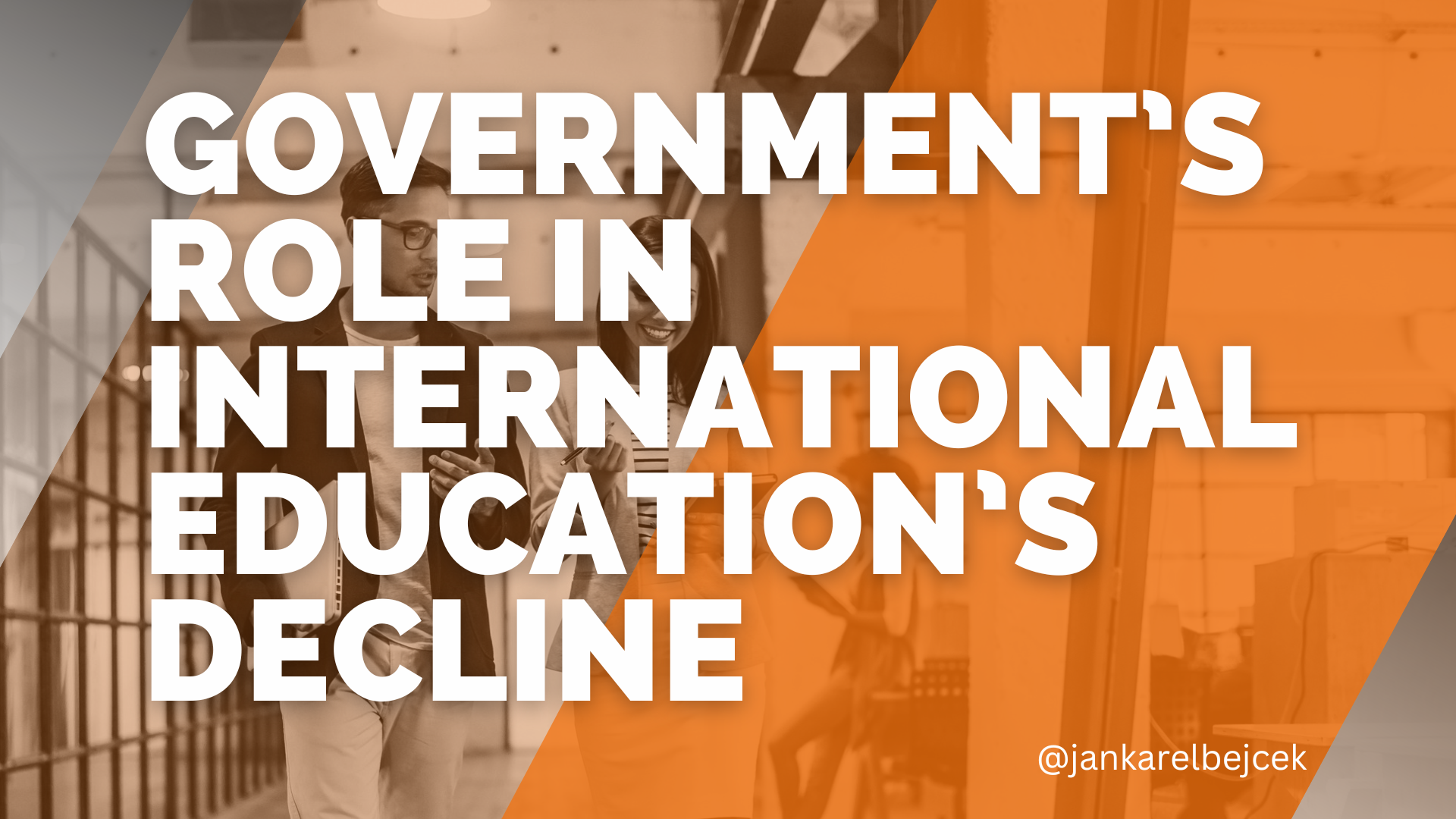International education has long been a pillar of Australia’s economy, contributing billions in revenue while promoting cultural and academic exchange. Yet, this once-flourishing sector is now being systematically undermined by government policies.
The Aftermath of COVID-19: A Crippling Blow
The COVID-19 pandemic decimated Australia’s international education sector. With closed borders, the influx of international students dwindled to a trickle. The sc408 Temporary Activity Visa, allowing students and other temporary visa holders to remain in Australia and work without limits was another blow for the providers.
The Impact of Ministerial Direction 108: A Wave of Visa Refusals
Just as the sector started to regain its footing, Ministerial Direction 108 introduced stringent visa assessment criteria, leading to a significant surge in student visa refusals. Students were being denied entry or extensions based on ambiguous grounds, undermining Australia’s reputation as a welcoming destination for international education.
Increased Costs and Policy Shifts: A Perfect Storm
As if the visa challenges weren’t enough, the government proposed a controversial Bill to cap international student numbers, signalling a shift away from prioritising international education as a growth sector. On top of this, student visa fees were raised to $1,600, affecting the decision of prospective students already navigating high living costs and inflation, this fee hike created an additional barrier.
Since the proposed controversial ESOS Bill was shut down at the twelfth hour, Ministerial Direction 107 was reinforced, which subjected education providers to stricter risk assessments. Many colleges that were previously rated as Level 1, indicating low risk, suddenly found themselves downgraded to Level 3, the highest-risk category. This change significantly impacts their ability to attract students, access streamlined visa processing, and maintain their operations.
The Domino Effect: Collapsing Colleges
The collapse of the first large provider under these compounded pressures seems to be not an isolated incident. More providers struggle to meet compliance requirements, maintain profitability, and attract international students, further closures may follow. This cascading effect not only disrupts the lives of students but also undermines the confidence of agents and partner institutions worldwide.
The Broader Implications for Australia
Once regarded as a global leader, Australia risks losing its competitive edge to countries if left unaddressed. Lets hope that 2025 brings more rationale for the industry.
#InternationalEducation #StudyInAustralia #EducationPolicy #EdTechForEducation #EducationProviders #EducationReform #InternationalStudents #educli





Leave A Comment